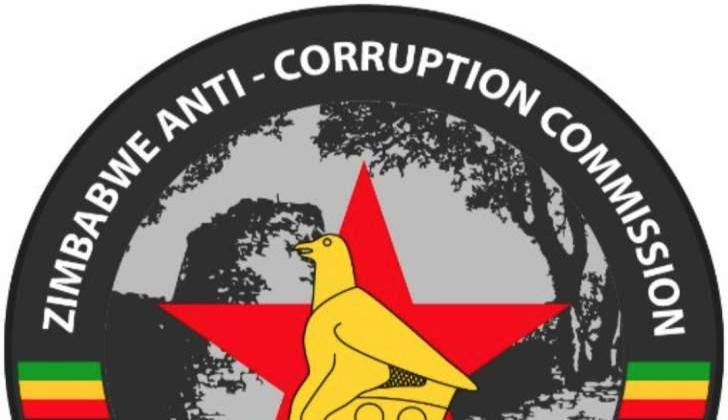News / National
Inquiry into ZACC commissioner begins
07 Mar 2023 at 05:22hrs |
1 Views

The inquiry into the suitability to hold office of suspended Zimbabwe Anti-Corruption Commission (ZACC) Commissioner John Makamure is set to begin tomorrow in Harare.
A three-member tribunal chaired by retired High Court judge, Justice Maphios Cheda, will preside over the inquiry, that is expected to last for two weeks.
The tribunal set up by President Mnangagwa followed recommendations from the Judicial Service Commission following complaints of improper conduct against Comm Makamure.
He is being accused of failing to disclose his interest as the founder or trustee of the Southern African Parliamentary Support Trust whose objectives are said to be varying with the functions of ZACC and the Government.
Comm Makamure is also alleged to have directed one Lee Sung to fund his political campaign in Gokwe in return for "protection".
Other members of the tribunal who will work with Justice Cheda are Harare lawyer Charles Warara and Regai Thandiwe Hove.
In appointing the tribunal, the President acted in terms of Section 237 (3) of the Constitution which demands that: "The procedure for the removal of judges from office applies to the removal from office of a member of an independent commission."
It also instructs that a member of an independent commission may be removed from office only on the grounds that the member concerned was unable to perform the functions of his or her office because of physical or mental incapacity, has been grossly incompetent, has been guilty of gross misconduct, or has become ineligible for appointment to the commission concerned.
Comm Makamure becomes the second commissioner from the anti-graft body to be investigated after another tribunal was constituted for Comm Frank Muchengwa.
Muchengwa has since been relieved of his duties following recommendations from a tribunal led by retired High Court judge, Nicholas Ndou, concluded that the commissioner was unsuitable to hold office. ZACC is an independent body in terms of the Constitution and disciplinary procedures governing the body are the same as those relating to judges and the Prosecutor-General.
In the event of a misconduct, an independent tribunal must be set up to investigate and make recommendations to the President.
The Constitution states that such a tribunal must consist of at least three members appointed by the President and the chairperson must be someone who once served as a judge of the Supreme or High Court.
A three-member tribunal chaired by retired High Court judge, Justice Maphios Cheda, will preside over the inquiry, that is expected to last for two weeks.
The tribunal set up by President Mnangagwa followed recommendations from the Judicial Service Commission following complaints of improper conduct against Comm Makamure.
He is being accused of failing to disclose his interest as the founder or trustee of the Southern African Parliamentary Support Trust whose objectives are said to be varying with the functions of ZACC and the Government.
Comm Makamure is also alleged to have directed one Lee Sung to fund his political campaign in Gokwe in return for "protection".
Other members of the tribunal who will work with Justice Cheda are Harare lawyer Charles Warara and Regai Thandiwe Hove.
In appointing the tribunal, the President acted in terms of Section 237 (3) of the Constitution which demands that: "The procedure for the removal of judges from office applies to the removal from office of a member of an independent commission."
It also instructs that a member of an independent commission may be removed from office only on the grounds that the member concerned was unable to perform the functions of his or her office because of physical or mental incapacity, has been grossly incompetent, has been guilty of gross misconduct, or has become ineligible for appointment to the commission concerned.
Comm Makamure becomes the second commissioner from the anti-graft body to be investigated after another tribunal was constituted for Comm Frank Muchengwa.
Muchengwa has since been relieved of his duties following recommendations from a tribunal led by retired High Court judge, Nicholas Ndou, concluded that the commissioner was unsuitable to hold office. ZACC is an independent body in terms of the Constitution and disciplinary procedures governing the body are the same as those relating to judges and the Prosecutor-General.
In the event of a misconduct, an independent tribunal must be set up to investigate and make recommendations to the President.
The Constitution states that such a tribunal must consist of at least three members appointed by the President and the chairperson must be someone who once served as a judge of the Supreme or High Court.
Source - The Herald
Join the discussion
Loading comments…
































